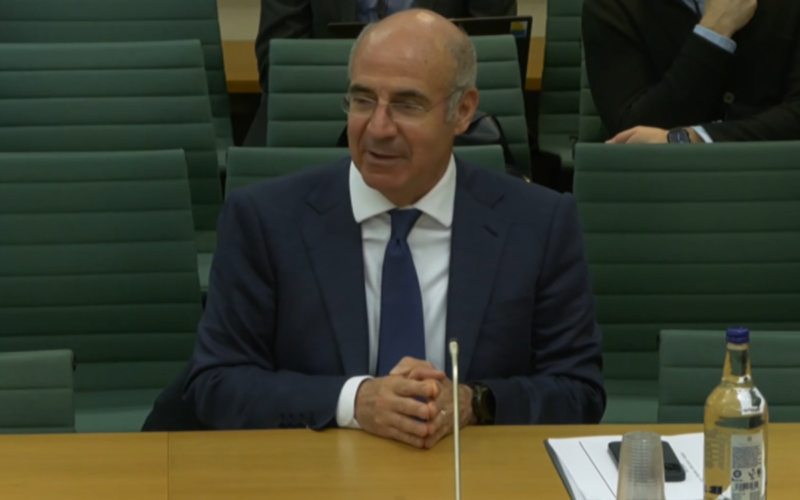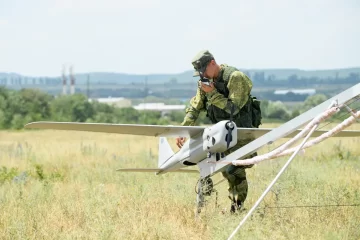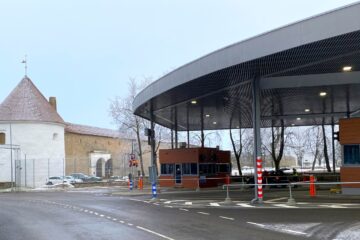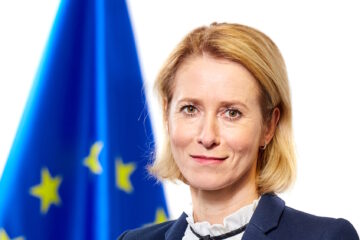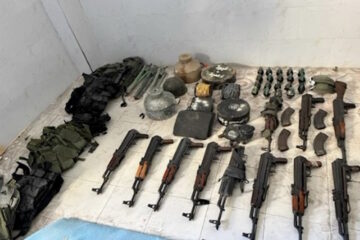The House of Commons Treasury Committee, which is a select committee of the House of Commons in the Parliament of the United Kingdom, held the second session of the inquiry into the UK’s financial sanctions against Russia. One of the speakers was Bill Browder, CEO of Hermitage Capital Management and Head of the Global Magnitsky Justice Campaign. Before 2005, Bill Browder had been the largest foreign investor in Russia, but he was denied entry into the country and was declared a “threat to national security” for exposing corruption in Russian state-owned companies. He proposed some ideas for strengthening financial sanctions on Russia.
“Let us get the list that the US has produced. We could produce our own, but let us get the list that the US Treasury has produced. Let us go down the list. Let us look at all the 36 people who have not been sanctioned. On the basis of the criteria that exist for the sanctions programme for the invasion of Ukraine, we should then apply sanctions to them if the criteria apply. That would be the simplest, most broad way of doing it. I do not want to throw individual names out here today, because I have not done the research, but that is where I would start,” said Bill Browder.
Besides that, Browder stressed that about $23 billion in Russian oligarch and official money was frozen in the UK.
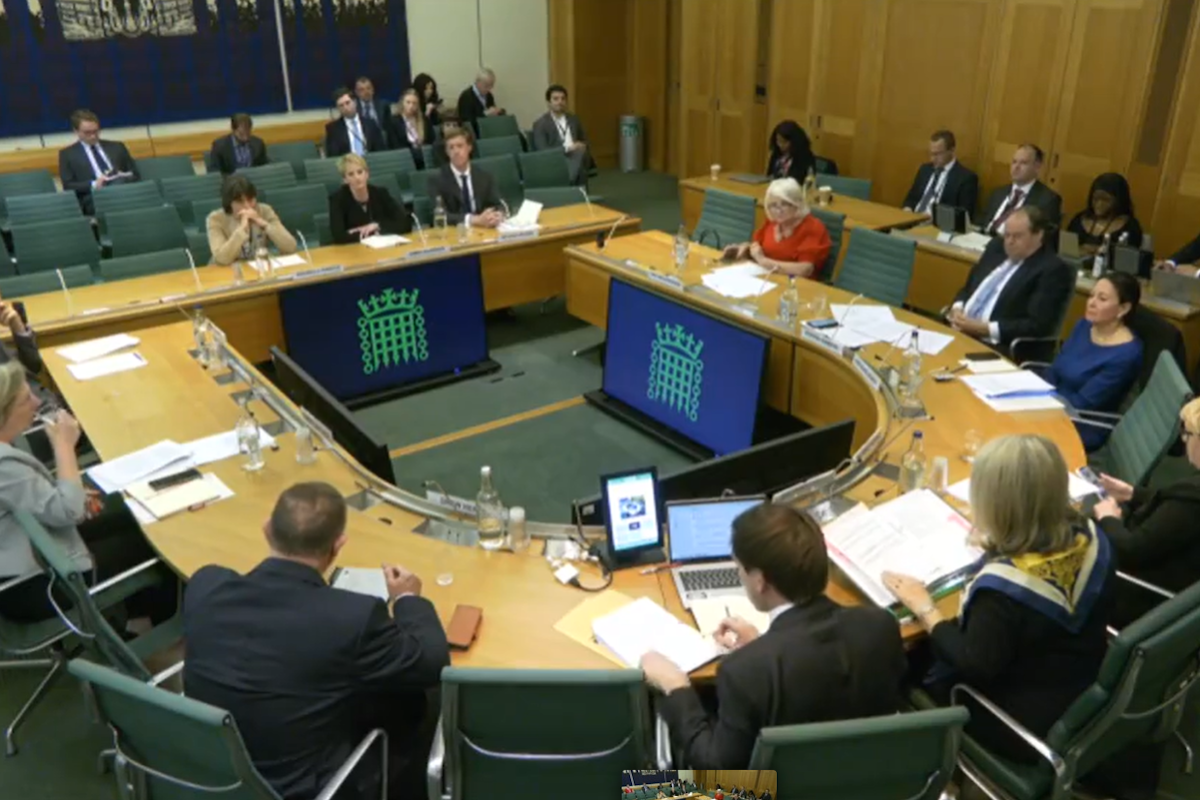
“That is a drop in the ocean of how much money is in the UK that belongs to people who have done bad things… Most of the money is still hidden. How do we unhide that money? I have an idea, and I have been talking about this since the war began. We could put a provision in the next iteration of the sanctions law that said that any accountant, lawyer, trustee, etc. who worked for an individual who is sanctioned would have a duty in law to come forward to the Government and share information about the ownership of assets of the sanctioned individual,” suggested the CEO of Hermitage Capital Management.
Presently, there are 1,701 individuals and 299 entities in the UK sanctions list linked to Russia.
